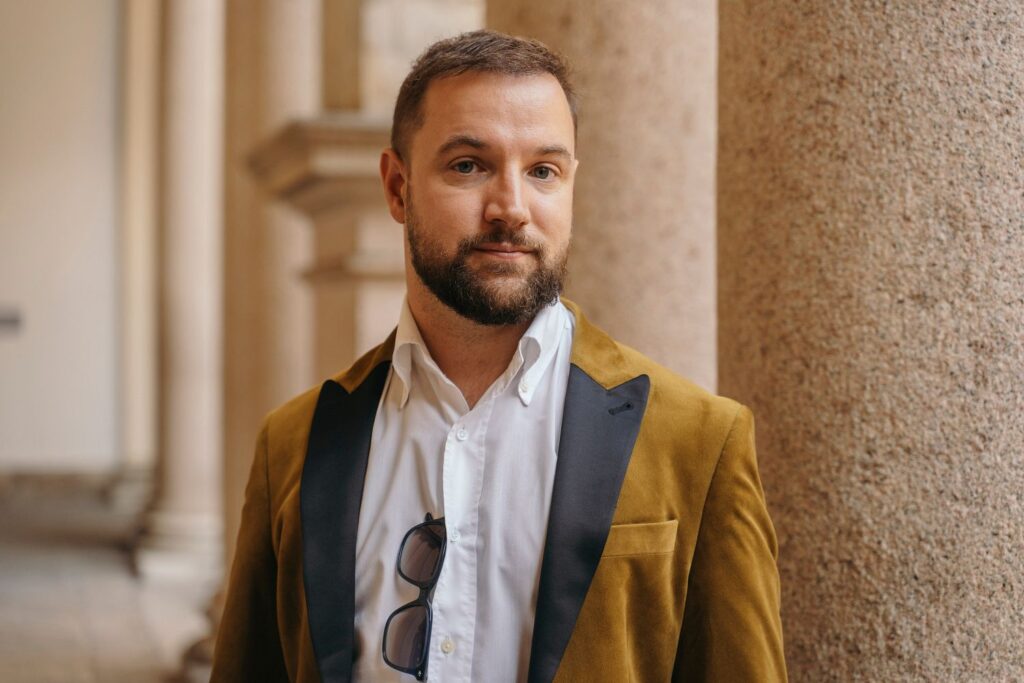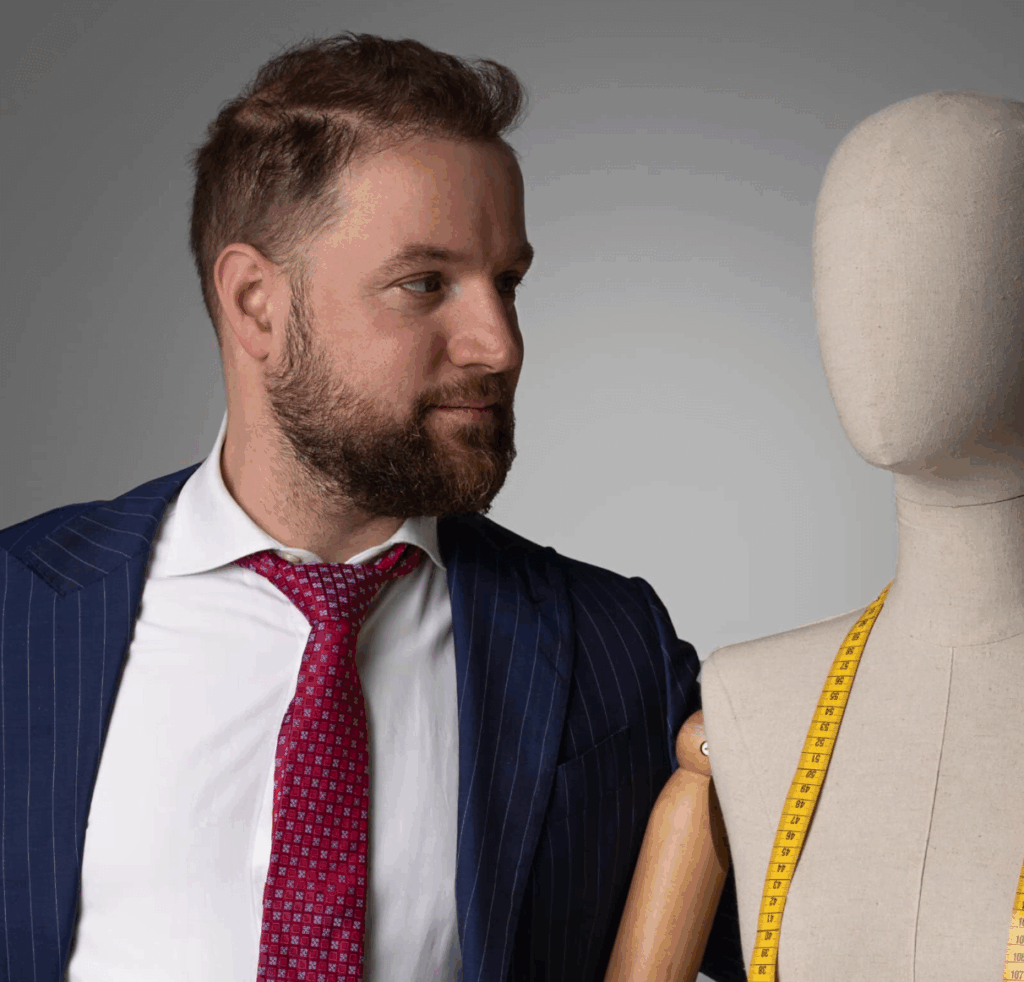Most people believe luxury shoppers are only chasing high prices or flashy logos, yet the reality is much more layered. Research has shown that luxury consumers often seek self-expression, emotional connection, and identity reinforcement. If you want to understand what truly drives these distinctive choices and which popular myths get it wrong, exploring the complex world of luxury consumer behavior reveals surprises behind every purchase.
Table of Contents
- Defining Luxury Consumer Behavior and Myths
- Key Psychological Drivers of Luxury Purchases
- Types of Luxury Consumers and Segmentation
- Influence of Brand Experience and Digital Trends
- Common Pitfalls and Best Practices for Brands
Key Takeaways
| Point | Details |
|---|---|
| Complex Motivations | Luxury consumers seek emotional connections and narratives beyond mere products, driven by self-expression and social validation. |
| Diverse Consumer Types | Luxury consumers vary widely; understanding their psychological drivers helps brands tailor marketing strategies effectively. |
| Digital Transformation | Brands must adapt to digital trends, creating personalized and immersive experiences that bridge physical and online engagement. |
| Emotional Authenticity | Successful luxury brands focus on genuine narratives and ethical practices, promoting authentic consumer connections over transactional relationships. |
Defining Luxury Consumer Behavior and Myths
Luxury consumer behavior transcends mere purchasing decisions. It represents a complex psychological landscape where consumers engage with premium products and experiences through intricate emotional and social motivations. Conspicuous consumption, a term coined by economist Thorstein Veblen in 1899, captures a fundamental aspect of this phenomenon – the practice of acquiring luxury goods to publicly display economic power and social status.
Contrary to simplistic assumptions, luxury consumers are not driven solely by ostentation. Their motivations encompass sophisticated psychological needs including self-expression, identity reinforcement, and experiential value. These consumers seek more than products – they pursue narratives, craftsmanship, and emotional connections that elevate their sense of personal worth and social positioning.
Understanding luxury consumer behavior requires dismantling several pervasive myths. First, luxury is not exclusively about price point. Sophisticated consumers differentiate between expensive and truly valuable experiences. Second, these consumers are not homogeneous – their preferences span diverse demographic and psychographic segments. As 7 Insights into Luxury Consumer Behavior Lists explores, luxury consumption represents a nuanced spectrum of motivational drivers.
Key myths about luxury consumer behavior include:
- Luxury buyers are always wealthy
- Price determines luxury perception
- Luxury consumers are exclusively motivated by status
- Premium products guarantee luxury experience
By recognizing the multifaceted nature of luxury consumption, brands can develop more authentic, emotionally resonant strategies that connect deeply with their target audiences.
Key Psychological Drivers of Luxury Purchases
Luxury purchasing behavior is a complex interplay of psychological motivations that extend far beyond simple transactional decisions. Research from Arxiv reveals that factors such as personal interest, individual taste, and utilitarian perspectives significantly influence consumer purchasing decisions, particularly in driving self-confidence and shaping buying behaviors.
The psychological landscape of luxury consumption is multidimensional, encompassing several intricate drivers. Consumers are motivated by a nuanced blend of emotional and rational factors – seeking not just products, but experiences that reflect their identity, aspirations, and social positioning. Consumer Behavior Analysis Guide explores how these motivations create a sophisticated decision-making framework.
According to MDPI research, luxury consumer motivations can be categorized into intrinsic and extrinsic factors, revealing a hierarchical structure of psychological needs. These drivers include:

- Identity Expression: Using luxury purchases as a form of personal storytelling
- Social Validation: Seeking recognition and status through consumption
- Emotional Fulfillment: Experiencing pleasure and personal satisfaction
- Quality Appreciation: Valuing craftsmanship and superior design
- Self-Reward: Celebrating personal achievements through meaningful purchases
By understanding these psychological nuances, luxury brands can create more resonant marketing strategies that connect deeply with consumers’ fundamental emotional and aspirational needs.
Types of Luxury Consumers and Segmentation
Luxury consumer segmentation represents a sophisticated approach to understanding the diverse motivations and behavioral patterns within premium markets. Research from ArXiv provides insights into the complex dynamics of consumer behavior, introducing innovative models that explore nuanced consumer interactions through bandwagon and snob effects.
Understanding these consumer types requires a multidimensional perspective. Luxury Market Segmentation Guide reveals that luxury consumers cannot be categorized through simplistic demographic divisions. Instead, their motivations stem from intricate psychological and social drivers that transcend traditional marketing classifications.
According to MDPI research, luxury consumer segmentation can be structured around intrinsic and extrinsic motivational factors. This framework helps identify distinct consumer archetypes:
- Status Seekers: Primarily motivated by social recognition and prestige
- Experience Enthusiasts: Value unique, memorable interactions over pure product ownership
- Quality Connoisseurs: Driven by craftsmanship, design, and technical excellence
- Identity Expressionists: Use luxury purchases as extensions of personal narrative
- Emotional Investors: Seek personal fulfillment and emotional resonance through purchases
By recognizing these nuanced consumer segments, luxury brands can develop more targeted, psychologically resonant marketing strategies that speak directly to individual motivational cores.

Influence of Brand Experience and Digital Trends
Digital transformation has fundamentally reshaped luxury consumer interactions, creating unprecedented opportunities for brand engagement. Research from ArXiv reveals how online shopping behaviors are increasingly influenced by sophisticated digital interactions that extend beyond traditional transactional experiences.
Luxury Digital Marketing Process Guide highlights the critical intersection between digital platforms and brand perception. Modern luxury consumers expect seamless, personalized experiences that transcend physical and digital boundaries, demanding innovative approaches that merge technological sophistication with emotional connection.
According to ArXiv research on digital consumption, emerging digital platforms like NFT markets demonstrate how conspicuous consumption has evolved in the digital realm. Key digital trends transforming luxury brand experiences include:
- Immersive Digital Storytelling: Creating rich, narrative-driven online experiences
- Personalization at Scale: Leveraging AI and data analytics for tailored interactions
- Virtual and Augmented Reality: Expanding product exploration beyond physical limitations
- Social Media Authenticity: Building transparent, engaging brand narratives
- Omnichannel Consistency: Ensuring seamless experiences across digital touchpoints
By embracing these digital trends, luxury brands can create more meaningful, responsive connections that resonate with increasingly tech-savvy and experience-driven consumers.
Common Pitfalls and Best Practices for Brands
Luxury brand management requires a nuanced understanding of consumer psychology and strategic positioning. Research from Academic Oxford reveals a critical insight: luxury consumption can potentially generate feelings of inauthenticity among consumers, challenging brands to maintain genuine connections beyond mere transactional relationships.
Luxury Branding Strategies Guide emphasizes that successful luxury brands must navigate complex emotional landscapes. The most sophisticated brands understand that their value proposition extends far beyond product features, focusing instead on creating meaningful narratives that resonate with consumers’ deeper aspirational needs.
According to MDPI research, brands can avoid common pitfalls by aligning their strategies with authentic consumer motivations. Key best practices include:
- Emotional Authenticity: Crafting genuine, transparent brand stories
- Personalized Experiences: Developing tailored interactions that feel uniquely individual
- Quality Consistency: Maintaining uncompromising standards across all touchpoints
- Cultural Sensitivity: Understanding and respecting diverse consumer perspectives
- Ethical Positioning: Demonstrating commitment to sustainable and responsible practices
By embracing these principles, luxury brands can transform potential pitfalls into opportunities for deeper, more meaningful consumer connections.
Unlock the True Potential of Luxury Consumer Behavior with Expert Marketing
Understanding luxury consumer behavior means recognizing the deep psychological drivers behind every purchase. This goes beyond simple transactions to tap into identity expression, emotional fulfillment, and social validation. Brands often struggle to create authentic connections that resonate with these complex needs and suffer from generic marketing that misses the emotional core.
At Corrado Manenti, we specialize in crafting psychology-driven marketing strategies tailored specifically for the fashion and luxury sectors. By combining academic insights with practical experience, we help brands bridge the gap between sophisticated consumer motivations and impactful branding. Explore our solutions in Marketing Mode to see how we bring authenticity and innovation to luxury experiences.

Ready to elevate your brand beyond superficial luxury? Discover how a personalized, emotionally resonant marketing approach can transform your connection with consumers. Visit us at Corrado Manenti and take the next step toward marketing excellence in the luxury space.
Frequently Asked Questions
What are the key motivations behind luxury consumer behavior?
Luxury consumer behavior is driven by psychological motivations such as identity expression, social validation, emotional fulfillment, quality appreciation, and self-reward. Consumers seek experiences that reflect their identity and aspirations rather than just products.
How do digital trends influence luxury consumer behavior?
Digital transformation reshapes luxury consumer interactions by creating personalized experiences that blend physical and digital realms. Trends such as immersive storytelling, personalization at scale, and the use of virtual and augmented reality are reshaping how consumers interact with luxury brands.
What are the common myths about luxury consumers?
Common myths include the beliefs that luxury consumers are always wealthy, that price determines luxury perception, and that they are exclusively motivated by status. In reality, luxury consumer motivations are diverse and include elements like personal storytelling and emotional significance.
How can luxury brands avoid authenticity pitfalls in their marketing strategies?
Luxury brands can maintain authenticity by crafting genuine narratives, offering personalized experiences, ensuring quality consistency, and demonstrating cultural sensitivity and ethical positioning. This approach helps create deeper, more meaningful connections with consumers.



